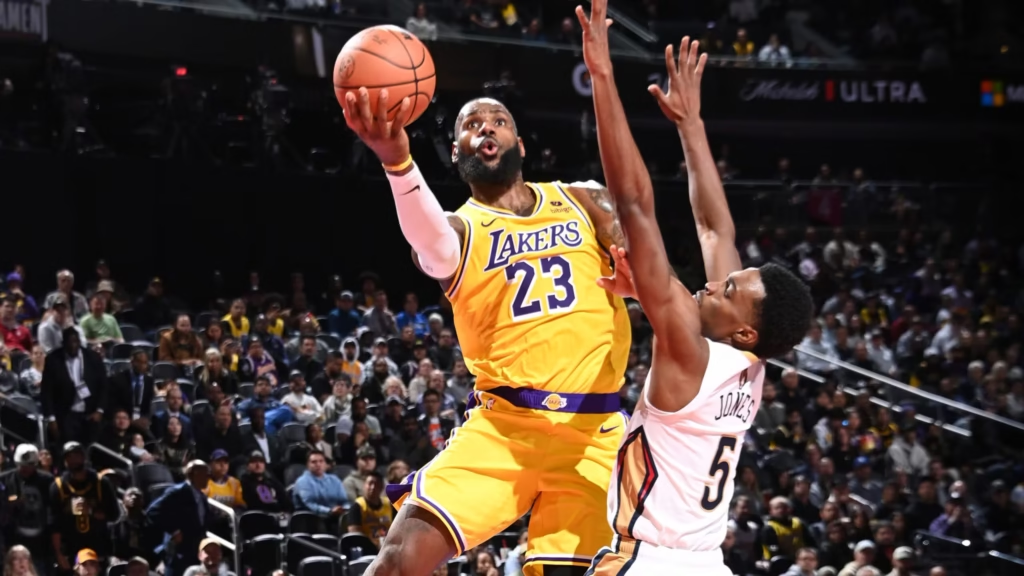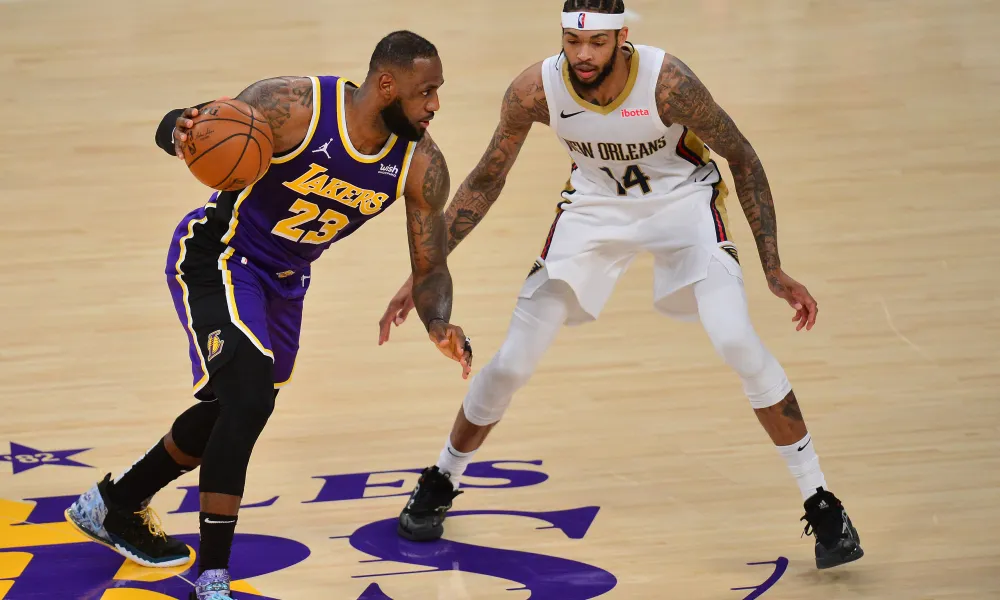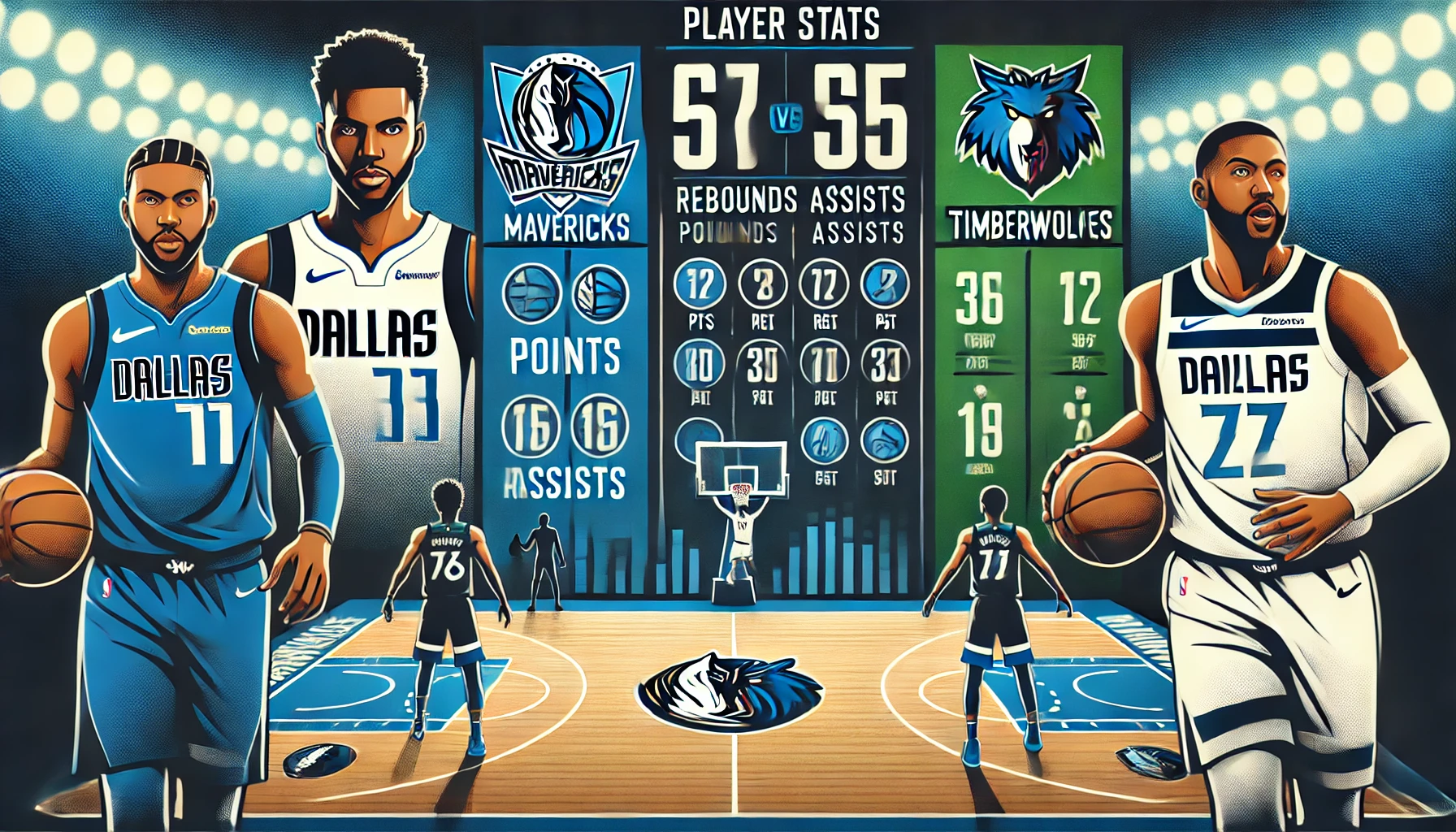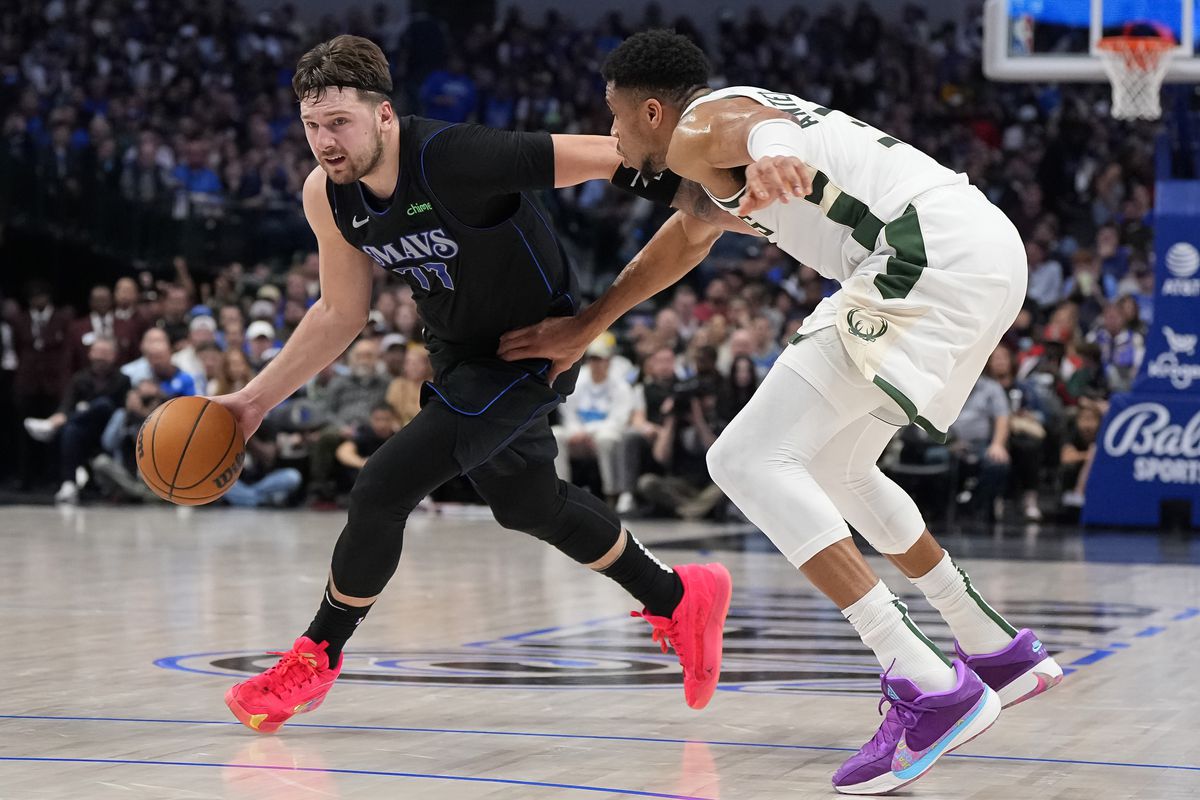Breaking Down the Lakers vs New Orleans Pelicans Match Player Stats Analysis
Introduction to the Lakers vs New Orleans Pelicans Match Player Stats
The matchup between the Los Angeles Lakers and the New Orleans Pelicans holds substantial significance in the context of the current NBA season. This particular game has drawn considerable attention, not only for its competitive nature but also for the potential playoff implications it carries. As the regular season progresses, every game becomes a critical juncture for teams vying for playoff positions. The Lakers, historically one of the league’s most successful franchises, have been striving to secure their spot in the postseason. Conversely, the Pelicans have been eyeing a playoff berth, making this confrontation pivotal for both squads.
This rivalry has intensified in recent seasons, adding excitement to the matchup. The Pelicans, with a roster that has grown in talent and cohesion, often see this game as an opportunity to assert themselves against a storied franchise like the Lakers. The atmosphere leading up to the match is typically charged, with fans eagerly anticipating a hard-fought contest. The intensity of the fans, coupled with the stakes of the game, creates a unique environment that reflects the passion of basketball in both cities.
Analyzing player statistics is crucial to understanding the dynamics of the match. Individual performances can significantly influence the outcome, particularly in high-pressure situations such as this. By examining metrics such as points scored, rebounds, assists, and defensive contributions, fans and analysts alike can gain a clearer picture of how each player contributes to their team’s overall performance. In this context, player statistics serve as a vital tool for evaluating the matchup, providing insights into past performances and predicting future results. The ensuing sections will delve deep into these statistics, offering a comprehensive analysis of the players involved in this compelling encounter.
Key Player Performance: Lakers
The performance of key players from the Los Angeles Lakers significantly influenced the outcome of the match against the New Orleans Pelicans. One standout was LeBron James, who showcased an impressive all-around game. He recorded 35 points, along with 8 rebounds and 6 assists, demonstrating his ability to score while also facilitating plays for his teammates. His leadership on the court was evident, as he frequently communicated strategies and inspired younger players to step up during crucial moments.
Anthony Davis also had a remarkable presence, contributing not only offensively but defensively as well. He amassed 27 points and pulled down 12 rebounds, showcasing his dominance in the paint. Beyond his scoring, Davis blocked 3 shots, deterring Pelicans’ attackers and reinforcing the Lakers’ defensive stance. His versatility in both offense and defense was a key factor in the Lakers’ success during the game.
Another standout performance came from guard D’Angelo Russell, who played a pivotal role in maintaining the tempo of the game. Russell contributed 22 points and dished out 5 assists, effectively creating scoring opportunities. His ability to stretch the floor and hit timely three-pointers kept the Pelicans on their toes and created space for his teammates. Head Coach Darvin Ham praised Russell’s impact post-game, emphasizing how his shooting and playmaking were critical in the team’s offensive scheme.
Collectively, the Lakers’ top players demonstrated a strong synergy, enhancing their overall performance. The combination of scoring, rebounding, and defensive actions provided a solid foundation for the team, showcasing their readiness to compete against tough opponents. Overall, the statistics reflect a well-rounded effort from the Lakers’ key players, solidifying their critical roles in the match.

Key Player Performance: Pelicans
The New Orleans Pelicans showcased a mix of talent and determination during their match against the Lakers, with several players stepping up to influence the game’s outcome. Leading the team, Zion Williamson displayed his exceptional scoring ability, contributing significantly to the Pelicans’ offense. He finished the game with an impressive 28 points, shooting 57% from the field. Williamson’s agility and strength allowed him to penetrate the Lakers’ defense effectively, creating multiple scoring opportunities not just for himself but also for his teammates.
Brandon Ingram, another key player for the Pelicans, complemented Williamson’s efforts with his sharpshooting. Ingram scored 24 points, with 8 of them coming from long-range shots. His ability to create his own shot and convert in clutch moments was crucial, particularly when the game was tight during the fourth quarter. Ingram’s performance highlighted his role as a reliable scorer, and his ability to draw fouls further underscored his impact on the game, as he went to the free-throw line ten times.
Beyond the scorers, the Pelicans’ defense also played a pivotal role, spearheaded by Herb Jones. His defensive prowess limited the Lakers’ perimeter shooting and contributed to several turnovers. Jones was instrumental in fast breaks, showcasing his ability to transition quickly from defense to offense. He secured 10 rebounds, reinforcing his presence on both ends of the court. Moreover, the team benefited from a notable performance by Jonas Valančiūnas, who provided a strong inside presence with 15 points and solid rebounding efforts, pulling down 12 boards.
Throughout the match, the Pelicans faced some challenges due to foul troubles and strategic substitutions. However, the resilience and performance of these key players played a pivotal role in maintaining their competitive edge against the Lakers. The synergy displayed among these athletes was evident and proved essential for the Pelicans’ overall performance in the match.
Comparative Analysis and Insights
In examining the recent matchup between the Los Angeles Lakers and the New Orleans Pelicans, a deeper look into player statistics reveals key insights into the performance of both teams. The Lakers showcased several standout performances, particularly from their star players. For example, the analysis highlights that LeBron James had a remarkable game, contributing significantly with over 30 points, showcasing his ability to impact the game on both ends of the floor. His efficiency in shooting and distribution, evident with over eight assists, reflects his integral role in facilitating the Lakers’ offense.
On the other hand, the Pelicans displayed resilience through their young core. Zion Williamson’s performance was notable, as he neared a double-double with 28 points and 10 rebounds. His presence in the paint not only generated scoring opportunities but also drew fouls, which put the Lakers in a challenging defensive scenario. Analyzing the statistics indicates that when Williamson was on the floor, the Pelicans capitalized on fast-break opportunities, exemplifying a strategy focused on utilizing their athleticism.
Furthermore, the matchup underscored defensive dynamics that influenced the overall outcome. The Lakers’ defensive rebounding proved crucial, allowing them to minimize second-chance points, which are vital for teams like the Pelicans that thrive on offensive rebounds. Conversely, areas of improvement surfaced for both teams; the Lakers need to enhance their perimeter defense, as the Pelicans successfully knocked down a significant number of three-point shots, putting pressure on the Lakers’ defense. For the Pelicans, improving ball security would be beneficial, as turnovers proved costly in critical moments of the game.
In conclusion, the statistical comparisons between the Lakers and Pelicans highlight not only the standout individual performances but also strategic insights that both teams must consider as they aim to improve in subsequent matches. The implications of these statistics stretch beyond this game, shaping the trajectories of both teams as the season progresses.




Post Comment